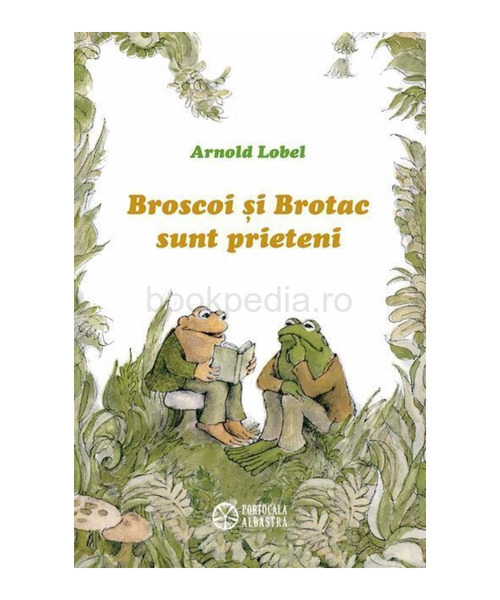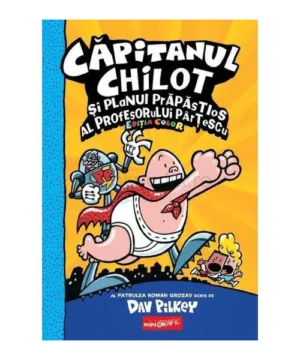Teen thinking for teenagers (engleza)
19,03 lei
| Authors | Ruxandra Dragolea |
|---|---|
| Publisher | Creator |
| Year | 2017 |
| Pages | 169 |
Informații suplimentare
| General | |
|---|---|
| Authors | Ruxandra Dragolea |
| Publisher | Creator |
| Year | 2017 |
| Others | |
| Identification | |
| ISBN-13 | 9786068814612 |
| Format | |
| Pages | 169 |
Descriere
The former and present day students have participated in numerouscontestsandhaveobtainedtopresultsininternational exams. Their outstanding creativity has surpassed the bordersof classroom activity, resulting in them starting to write for themselves as a creative means of relaxation, accompanied by extensive reading. The authors’ ideas also resulted in various productions and projects in their school days, and their most recent collective effort has been to contribute with thoughts on themes that are widely discussed and pondered upon by youngsters.
The authors’ chosen form of expression is represented by a variety of writing samples that the readers might use in their own creative writing as well as in the preparation for exams and contests such as the National Olympiad. In this respect, the book offers samples of opinion, for-and-against and reflective essays, followed by themed articles, narratives and even original plays. The present volume draws upon the analysis of the patterns required for such pieces of writing, while, at the same time, providing readers with the vocabulary acquired by students who have successfully taken the highest marks in the CPE exams or in other motivating contests.
We hope that you will enjoy reading the present collection of essays whether you intend to try your hand at writing in more or less formal contexts yourselves or you just wish to understand the intricate and surprising minds of extremely talented and intelligent young people, in a quest for building and consolidating your own personality.
Ruxandra Diana Dragolea, coordinating teacher
Fragment din carte:
Why Do the Bad Ones Make a More Lasting Impression on the Collective Memory?
By Vladimir Couti
What we have done, when, where and how we have done it is what determines who we are in the eyes of others. It also represents the means by which we determine who everyone else is to us, but not who we are to ourselves.
We, more often than not, find it uncannily easier to relive or remember the shame, fears and disappointments of our past times than those of others, or to forget our best moments and accomplishments over someone else’s. In essence, our problem is not about being pessimistic towards ourselves, putting too much accent on other people’s opinions of us, or not being able to forget a difficult experience, it is more a question of not understanding why we do all this and how important it actually is. Simply put, we were not ‘built’ to be care–free, indifferent or forgetful, we are passionate, empathic and mindful of what happens to us and those around us.
We must be pessimistic because if our success or our failure is guaranteed only the latter requires us to anticipate it,
prepare for it, and remember it so that we may become better because of it. We must put some weight on other people’s good or bad opinions of ourselves because when honest they can be a helpful point of view to keep in mind, helping us (re)consider our constant subjective underestimating or overestimating view of ourselves and our capabilities. We cannot and perhaps should not always try to perpetually free ourselves from our hard times like we do so easily with those of others.
When it comes to feelings, psychologists agree that the best way to face emotions such as grief, shame or despair is to experience them and allow them in our thoughts. Expression, as opposed to suppression, has a cathartic effect on our minds, evident in art, such as the Greek tragedies, symbolism or good old blues. Even the stoics of antiquity did not argue, contrary to popular belief, that one must neglect one’s feelings, but stated that it is better to experience them and understand that they are only feelings, ultimately mattering far less than our actions.
All of us have probably heard countless times how unpleasant reality is, or how short life is, and it would seem that our memory is following the same joyless pattern by being a little bit biased towards our less favourite times. However true it may be, ultimately we can see that this is in fact our most powerful tool for leading a fulfilling life.
















